
Researchers found that infantile epileptic encephalopathy and SEI with migrating focal seizures had the highest mortality rates at 2 years of age.

Researchers found that infantile epileptic encephalopathy and SEI with migrating focal seizures had the highest mortality rates at 2 years of age.

A duo of researchers from Cleveland Clinic outlined their new 5-year study that tests home-based intervention in high-risk individuals for Alzheimer disease.

"Mind Moments," a podcast from NeurologyLive, brings you an exclusive conversation with Scott Perry, MD; Orrin Devinsky, MD; and Tracy Salazar, PhD.

Mini-mental state exam scores declined significantly faster in adults with prevalent and incident epilepsy, while digit symbol substitution test scores declined significantly faster in prevalent epilepsy.
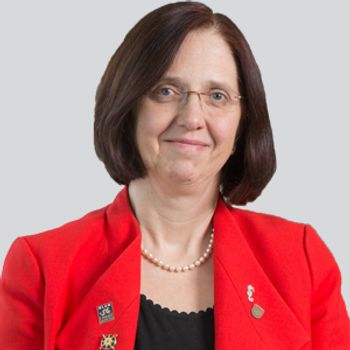
The director of the Dartmouth Epilepsy Program and chairwoman of AES 2020 discussed some of the major topics from the previously completed annual meeting and where epilepsy research is trending.

Socioeconomic deprivation was associated with IIH independently of BMI in women but not men.

A roundtable discussion featuring Scott Perry, MD, Orrin Devinsky, MD, and Tracy Salazar, PhD, details the way seizure action plans can differ depending on seizure phenotype and frequency of seizures.
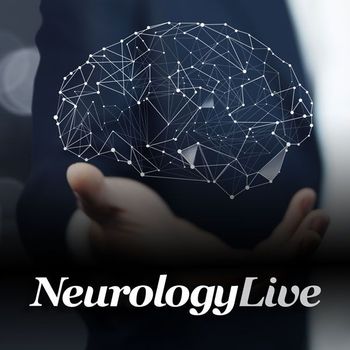
The proportion of patients treated with prednisone and the prednisone dose tended to be lower in the rapid-tapering group at 15 months compared to slow-tapering arm.

The director of the Montefiore Headache Center discussed how rimegepant was observed to produce clinically meaningful improvements in migraine prevention.
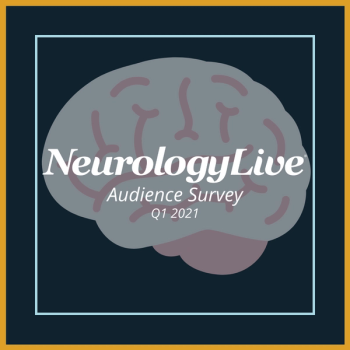
We kindly ask you to share 5 minutes of your time with us in order to help us better craft our content to meet your needs.

The Genio system offers bilateral stimulation of the hypoglossal nerve branches, which may lead to potentially greater airway opening for patients with obstructive sleep apnea.

The treatment can be used in children who do not respond well to anticholinergic medications.
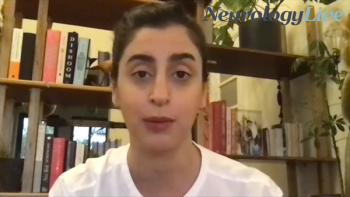
The neurologist from Cleveland Clinic discussed how her study reinforced previous findings that individuals with early onset neuromyelitis optica spectrum disorders are more likely to experience severe vision loss.

While patients with relapsing-remitting MS were found to benefit more from aHSCT, patients with progressive MS still experienced stability in disability scores.

A roundtable discussion featuring Scott Perry, MD, Orrin Devinsky, MD, and Tracy Salazar, PhD, covers the staggeringly low percentage of adults with epilepsy who have seizure action plans.

The duo from Vanderbilt University shared background on their recently published study that found novel associations between functional seizures, cerebrovascular disease, and other psychiatric disorders.

The eXciteOSA device is a daytime therapy that uniquely targets the root cause of snoring and mild obstructive sleep apnea by using electrical currents to stimulate and improve muscle function in the mouth and tongue.

The Endowed Chair in Pediatric Neuromuscular Disorders and professor of clinical pediatrics and neurology, at Children’s Hospital Colorado discussed the future of SMA treatment.

Despite significant improvements in Dravet syndrome, non-statistically significant reductions were observed in children with Lennox-Gastaut Syndrome.

Data from a small study showed patients experienced significant improvements in MDS-UPDRS III scores after 4 months of treatment with single-hemisphere FUS.
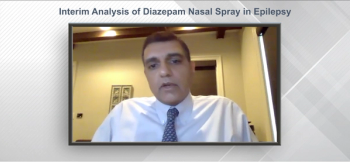

Lisa Belter, MPH, director of research analytics at Cure SMA, discussed a recently published study on the rising costs of living for patients with spinal muscular atrophy.

A roundtable discussion featuring Scott Perry, MD, Orrin Devinsky, MD, and Tracy Salazar, PhD, covers the logistics behind a seizure action plan and why its necessary to develop one.

The company also plans on submitting an application to a PDAC contractor for the mmRNA appliance to be added to the Center for Medicare and Medicaid Services’ list of approved sleep apnea appliances.

The SARS-CoV-2 infection was observed in pluripotent stem cells, as well as APOE4 and APOE3 neurons and astrocytes.

Wildon Farwell, MD, MPH, shed some light on the ongoing phase 4 trial and what clinical insights might be gleaned from the data.


Here's what is coming soon to NeurologyLive.

The director of the Massachusetts General Hospital ALS Care Center discussed the greatest needs in ALS research and why focusing on genetics can play a big role into understanding the disease course.

The chief medical officer at SanBio discussed how the investigational agent SB623 is being studied in TBI and stroke, with future planned studies in Alzheimer disease.